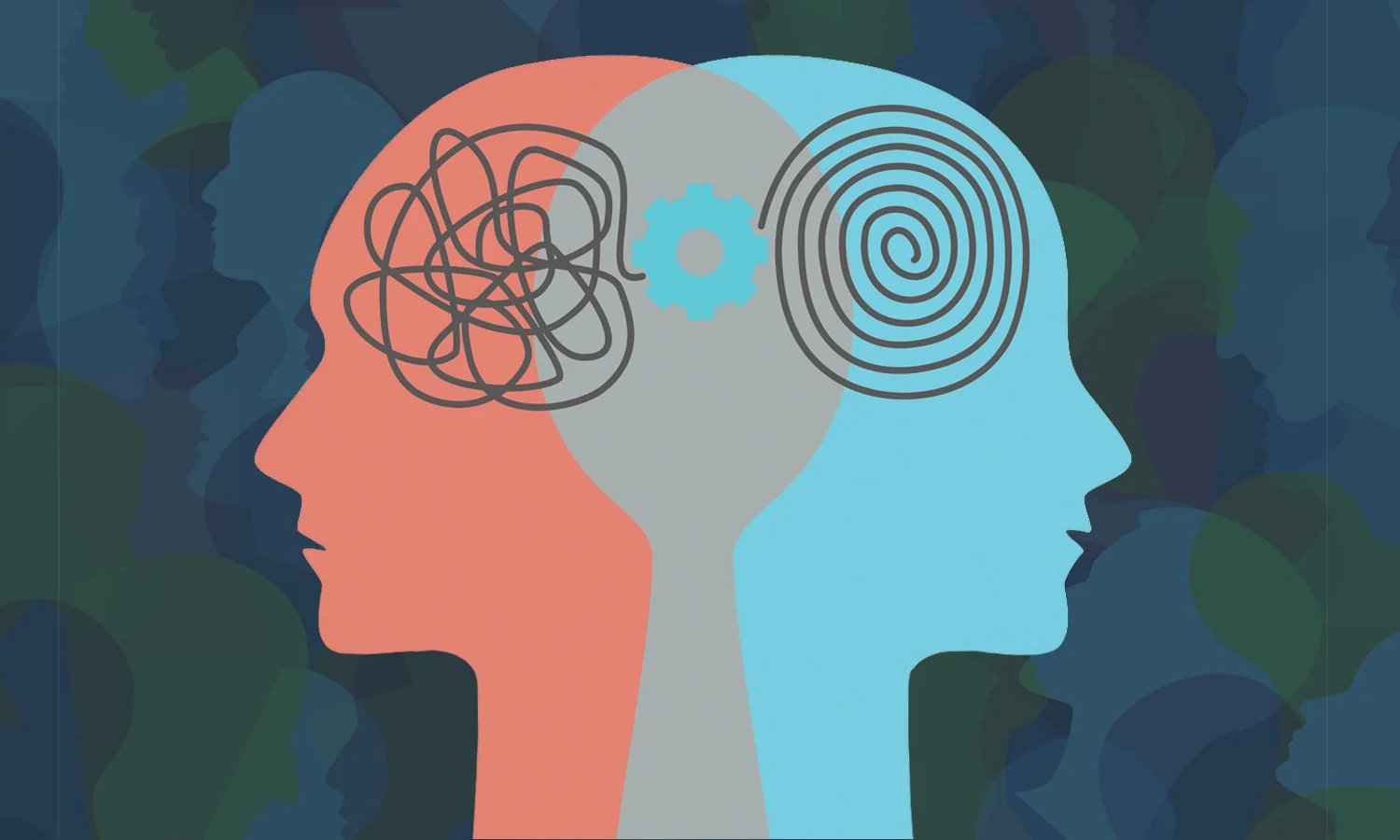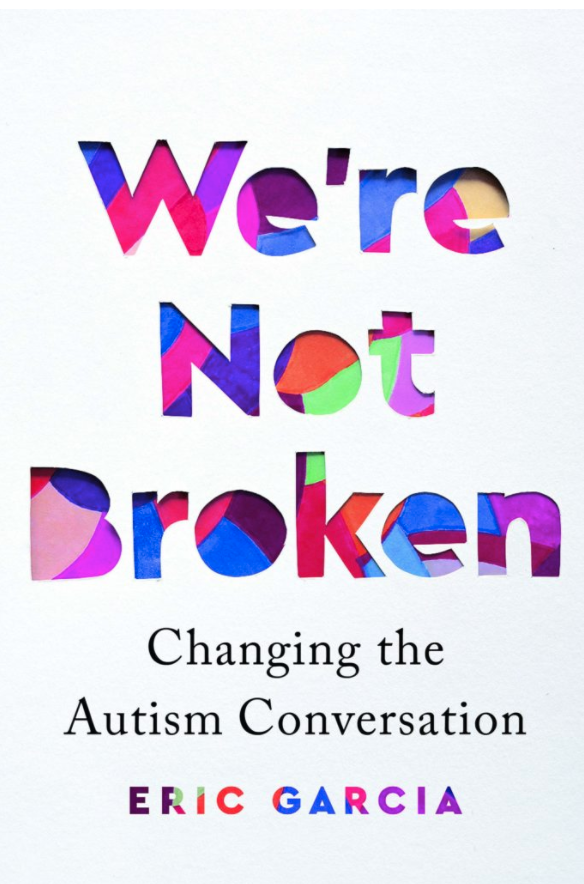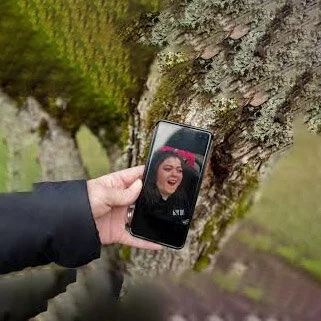Emerging technologies promise new treatment options for autism and other physical and mental health conditions. Studies are underway to prove their effectiveness. But evidence is already in on the positive impacts of good old fashioned skill-building and community support for mental and physical health.
Read MoreSelf-care is all the rage right now. Social media channels are flooded with self-care tips ranging from bubble baths to journaling to mushroom tea to forest bathing—the practice of spending time in nature. But what IS self-care? Is it different for neurodivergent people than for neurotypicals? In honor of Mental Health Awareness Month, we present an overview of three mental health tools for self-care.
Read MoreSince Temple Grandin made headlines in the 1980s as the first openly autistic adult to be recognized in the media, many autistics have made memoirs about their personal experiences since her heyday. However, most just cover one perspective of autism but don’t highlight the rest of the spectrum. We’re Not Broken: Changing the Autism Conversation by Eric …
Read MoreHonesty, fearlessness, quietude, solitude, and routine are characteristics and values that can benefit us all.
Read MoreThe big problem is that the DSM-5 criteria are written as a set of fixed, deficits-focused observations about the behavior of Autistic children. At no point does the DSM move into motivations or reasons for the behavior, and at no point does the DSM advocate that Autism can be anything apart from a pathology (and doesn’t discuss the impact of autism on teens and adults).
Read More







